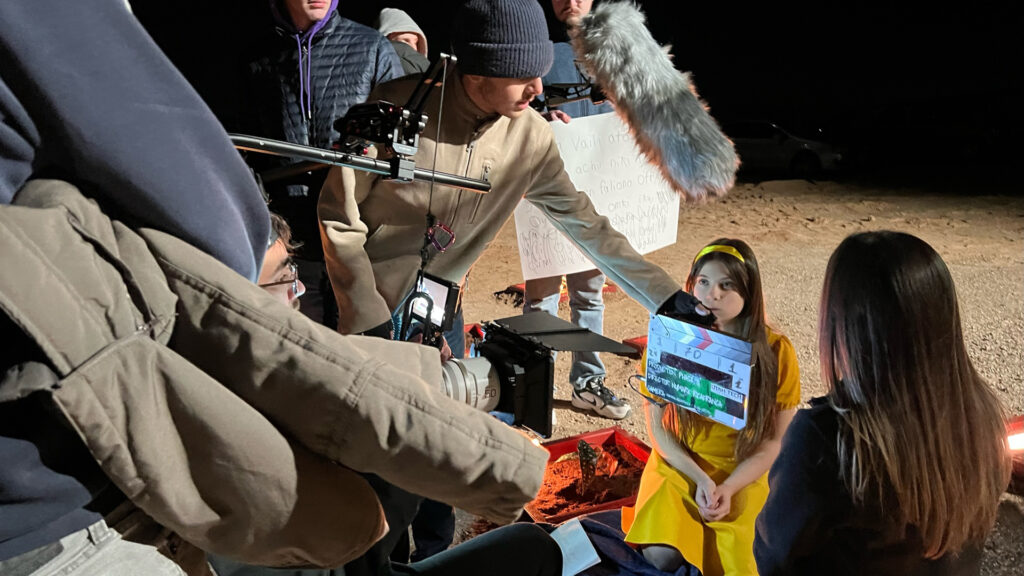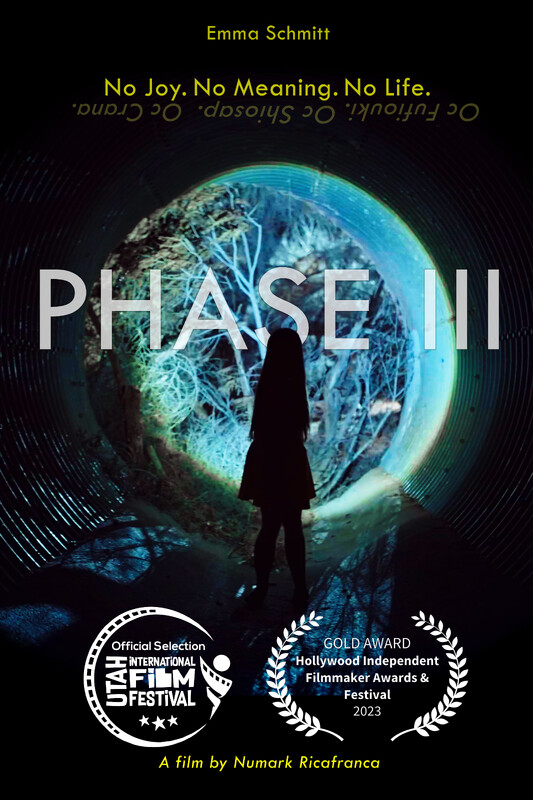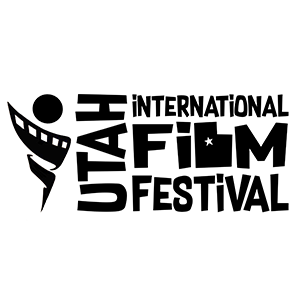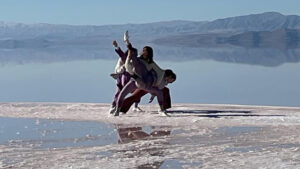Unveiling “Phase III” A Dystopian Journey


In a blend of inspiration drawn from personal experiences and a chilling reflection on the repressive nature of nations like North Korea, “Phase III” is a powerful narrative screening at the Utah International Film Festival from February 12 to 17. This dystopian tale, written and directed by Numark Ricafranca, explores the life of a 13-year-old girl determined to break free from the monotonous and coercive existence of phase II, yearning for a better life in the elusive phase III.
As the film prepares to light up the screens at Maven Cinemas in American Fork, UT, we had an exclusive interview with Ricafranca exploring the origins and challenges faced during the production of “Phase III.”
Ricafranca reveals that the story’s roots lie in his own immigration experience to the United States, emphasizing the abundance of opportunities in the country. Drawing parallels with the restrictive environment of North Korea, the film aims to shed light on the impact of government rules on citizens who have no knowledge of the outside world.
The interview unveils Ricafranca’s favorite part of production—the post-production process. He describes the thrill of piecing together scenes to create a believable dystopian world, highlighting the challenge of conveying the film’s concept during the silent montage sequence.
“The most chilling part of the post-production process is when I started showing people the rough cut and everyone finally understood the concept of the film” said Ricafranca. “But it definitely came with a cost: tons of sleepless nights, countless research hours for room to experiment, and getting used to working in a dark environment.”
Ricafranca recounts the painstaking process of creating the Jeo Language—an invented language integral to the film. This unique linguistic element added complexity for the actresses who had to not only memorize but also understand the language for authentic delivery.
“Not only do they have to memorize it, but they must also understand what they’re saying so they can execute the lines in the sense of what their saying. I initially wanted the language to be French, but as I think about it more, inventing a language adds legitimacy into the creation of the world of Jeo. It took me a month to invent the language with the words, letters, and enunciations.”
Looking back, Ricafranca expresses a desire to consult more with the post-production team during the pre-production phase. “One thing that really takes up a lot of time of our shoot is making the butterflies fly. It never did because we should’ve predicted that the temperature would be too cold for them. The final product of the film ended up creating visual effects for the butterfly.”
For aspiring individuals looking to enter the production space, Ricafranca offers a piece of advice—approach it with full confidence. “Being a production crew is incredibly fun and whenever I see the final product of the film, I always love the element of surprise as I realize that this is actually what we’ve been working on.”
To stay updated on future projects, Ricafranca can be followed on his Instagram page, @numark_ricafranca, and his IMDB page, “Numark Ricafranca.” Additionally, he recommends following the Utah Tech University Film Department, praising the hands-on film learning environment.
“This project was my Senior capstone at Utah Tech and it wouldn’t have been done without them. The film program at Utah Tech is growing and it has a hands-on film learning environment, especially if you are interested in working on a film set.”









